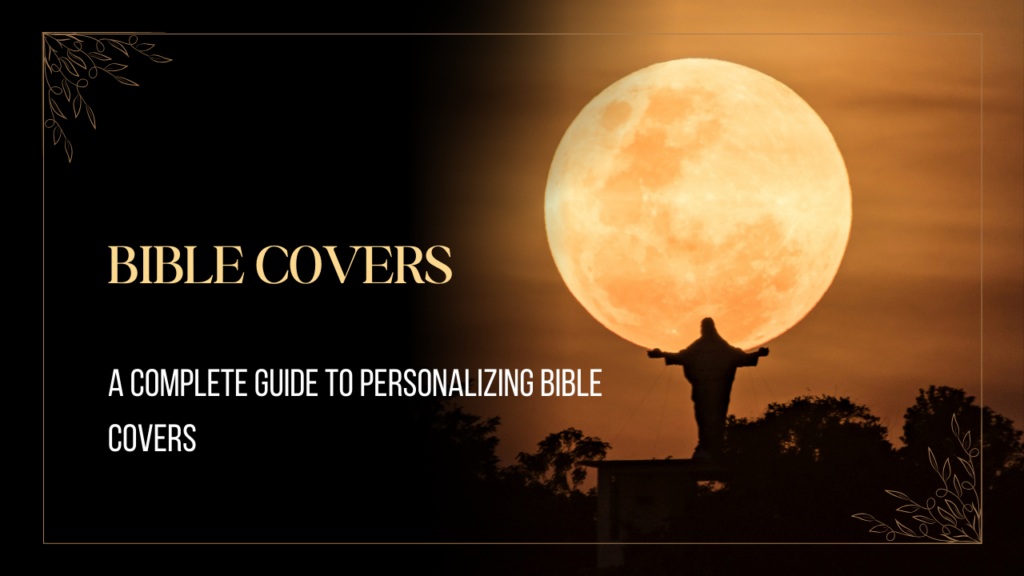Introduction

Oklahoma Bible in Schools: Oklahoma has seen an increasing focus on the role of the Bible in public education, with discussions around its integration into school curriculums and the policies governing Bible study programs. As of recent years, questions regarding the constitutionality and legality of Bible teaching in schools have sparked debate. This article explores the current state of Bible education in Oklahoma’s public schools, highlighting legislation, the impact of Bible study programs, and ongoing discussions about the role of religion in education.
Current Policies on Bible in Schools in Oklahoma
Oklahoma has allowed some flexibility in its public schools regarding Bible teaching. In particular, many districts offer Bible study programs or allow for Bible electives in high schools. However, this remains a contentious issue, as critics argue it may infringe on the separation of church and state, while supporters believe it can offer moral guidance and historical insight.
Bible Classes in Oklahoma Public Schools
Currently, Oklahoma public schools may offer Bible classes as part of elective courses in middle and high schools. These courses often focus on the historical and cultural impact of the Bible rather than religious doctrine. However, the Constitutionality of Bible in schools is often brought up in legal discussions, with many questioning whether it violates the Establishment Clause of the First Amendment.
Legal Framework and Legislation
In 2024, a new law was passed in Oklahoma allowing the use of Bible study materials in public school curricula, but with specific guidelines to ensure it remains academic rather than religious. This law has raised questions about the role of religion in public education, and ongoing debates continue to shape its implementation.
Is Bible Teaching Allowed in Oklahoma Schools?
The question of whether Bible teaching is permissible in Oklahoma public schools hinges on the legal principle of separating church and state. While religious indoctrination is prohibited, academic study of the Bible as a historical text is generally allowed. Some schools in Oklahoma have Bible electives or Bible study groups, where students can explore the Bible’s influence on literature, art, and culture.
Constitutionality of Bible in Schools
One of the central issues in Oklahoma’s Bible education policy is the constitutionality of Bible classes. Legal challenges continue to assess whether such programs violate the Establishment Clause of the First Amendment, which prohibits the government from promoting or endorsing religious practices. However, courts have allowed academic studies of the Bible, as long as the curriculum does not promote religious worship or belief.
Debate and Controversy
The inclusion of Bible study in schools has sparked controversy in Oklahoma. Opponents argue that it is an unconstitutional endorsement of religion, while proponents believe that learning about the Bible is essential for understanding Western culture, literature, and history. This debate has led to varying policies across different districts in Oklahoma.
The Oklahoma Supreme Court Ruling
In a landmark decision, the Oklahoma Supreme Court ruled that Bible classes in public schools must be structured to focus purely on academic content, rather than religious devotion. This ruling is seen as a compromise that allows students to learn about the Bible’s influence without violating the separation of church and state.
Benefits of Bible Education in Schools
Supporters of Bible education in Oklahoma schools argue that it offers valuable insight into history, literature, and morality. Bible study programs can provide students with a deeper understanding of how religious texts have shaped the world, and many educators believe these classes can enhance critical thinking skills and cultural literacy.
Oklahoma Bible Curriculum in High Schools and Middle Schools
In many Oklahoma high school, students are offered a Bible curriculum that explores the literary and historical context of the Bible. Middle schools, while less likely to offer full Bible courses, may provide brief lessons on the Bible’s influence in history and culture. The approach varies by district, but the goal is often to foster an appreciation for the Bible’s role in shaping modern society without promoting any particular religious view.
The Future of Bible Education in Oklahoma Schools
As the conversation about the role of religion in public schools continues to evolve, it remains to be seen how policies on Bible education will change. With shifting public opinions, the legal landscape may also change, potentially altering the scope of Bible classes or study programs in Oklahoma’s public schools.
One thing remains clear: the topic of Bible education in Oklahoma school will continue to be a point of legal scrutiny, public debate, and educational innovation in the years to come.

